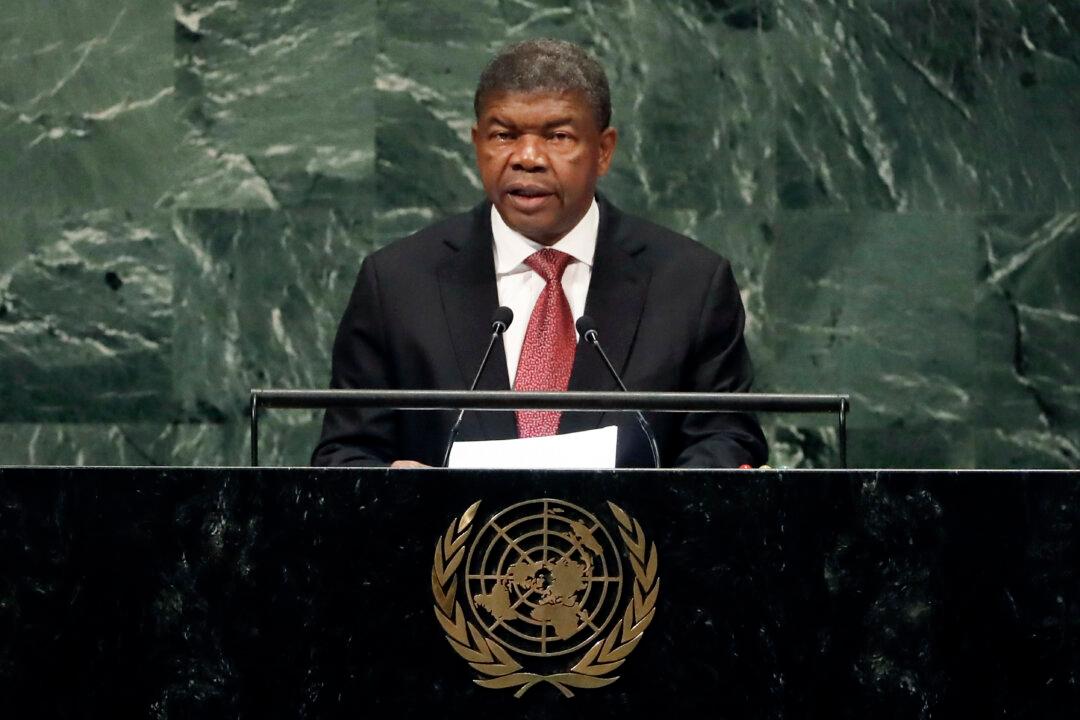U.S. President Joe Biden is currently seeking to reaffirm his commitment to Africa by receiving Angolan President Joao Manuel Goncalves Lourenco in the Oval Office on Nov. 30.
This is despite the fact that his administration is focusing a significant amount of its attention on two wars, one in Ukraine and the other in Israel.





